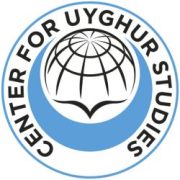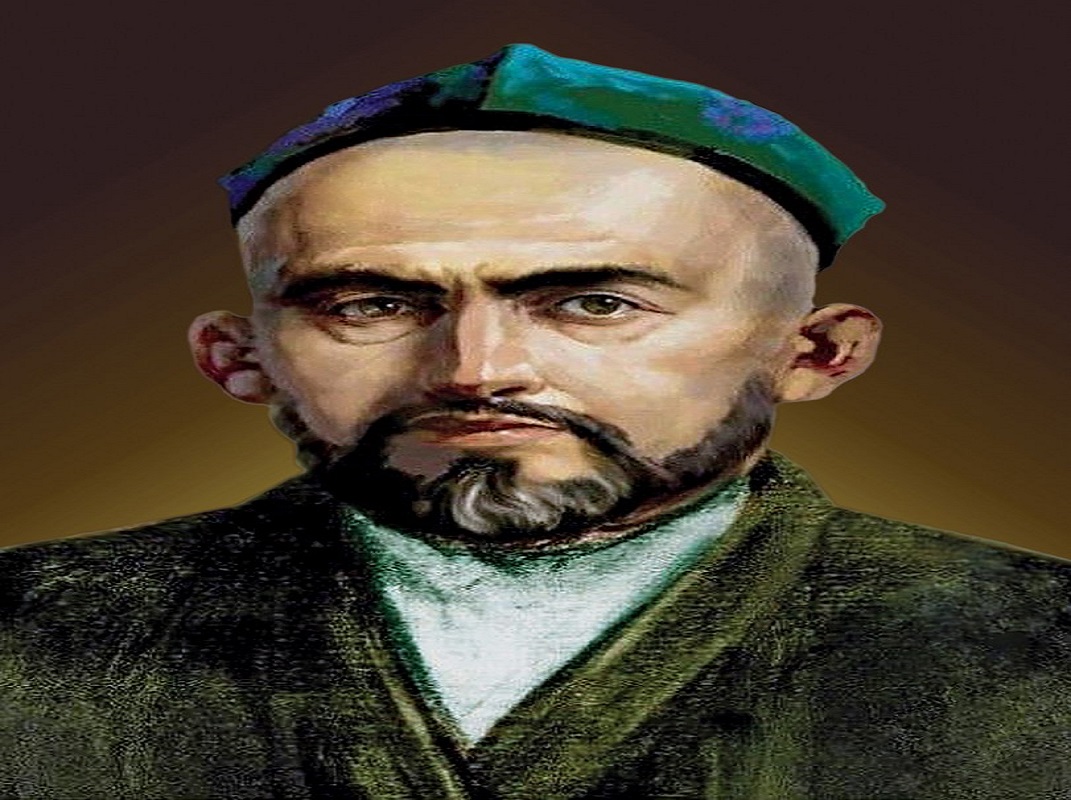Uyghur Figures – 04
Abdulqadir Damolla bin Abdulwaris Kashghari was born in 1862 in Atush, one of the regions of Kashgar. After spending his childhood in his village, he traveled extensively throughout Kashgar, Bukhara, Samarkand, Ofa, and other places in pursuit of knowledge. Throughout his life, he engaged in scholarly, literary, and social activities, dedicating himself to education and the eradication of ignorance and superstitions.
He innovated the traditional methods of religious education and introduced a series of reforms in teaching content, methods, and materials, taking into account the demands of the era and the practical needs of his people. Among his notable works are “Beginning of Morphology,” “(Arabic) Grammar,” “Science of Tajweed,” “Mathematics,” “Aqaid Dharuriyyah (Essential Doctrines)” “Education for Boys,” “Advice for Children,” “Miftah ul-Adab (Key to Arab Literature)” and others. His writings were incorporated into the school curricula with the aim of modernizing and simplifying them to meet contemporary needs.
Throughout the democratic bourgeois revolution and reform movements in Russia, Asia Minor, and beyond, Abdulqadir Damolla emerged as a leading figure and practical guide for initiatives aimed at achieving freedom from slavery, prosperity, scientific enlightenment, and freedom of expression.
He ardently urged people to free themselves from ignorance, awaken from their slumber, and seek knowledge and enlightenment. In one of his public speeches in Kashgar titled “Advice to the Public,” he lamented, “When we forgot the virtues of our righteous ancestors and their good deeds, superstitions spread, and our honor was lost. Foreigners began to invade our lands.” He poignantly reminded the people that “neglect is the precursor to death, and persistence in it leads to destruction.”
Tragically, the scholar, thinker, reformer, and innovator, Abdul Qadir Damolla bin Abdul Warith Al-Kashghari, was assassinated in a premeditated plot by those who desired tyranny on August 24, 1924, in his home in Kashgar. The entire city of Kashgar mourned, and thousands raised their voices, lamenting, “Abdul Qadir Damolla was unjustly killed in Kashgar.”
Not only was he a pioneer in the fields of modern Uyghur education and culture due to his multifaceted social activities, but he also holds a distinguished place in Uyghur literary history. His Arabic poem titled ” Jaqahir al-Iyqan (Jewels of Certainty)” was printed and distributed in Tashkent. In later years, works written in his own handwriting, like “Kulliyat Mukhammas,” were discovered. Some of his poems, named “Munazat ul-Fawakih (Debate of Fruits)”, were published in the 1989 edition of the magazine “Bulaq” edited by Rajab Yusuf.
Written by: Ameen Ahmadi
Copyright Center for Uyghur Studies - All Rights Reserved

